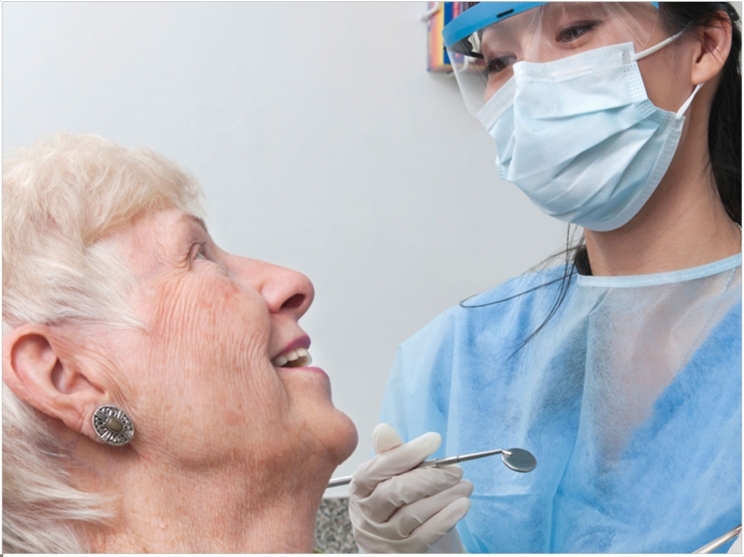
Older adults with significant tooth loss are less functional, both physically and cognitively, than peers who have lost fewer teeth, based on research from more than 60,000 community-dwelling people age 65 and older who did not meet criteria for long-term care in Japan.
The subjects answered questions about how many teeth they had, their medical and mental health history, how many falls they had over the previous year, whether they smoked or drank alcohol, their body weight, and how well they were able to perform common activities in daily life.
The researchers reported that the effect of edentulism on higher-level functionality was between that of having a history of stroke and having a history of diabetes mellitus. Oral health also was associated with speech, smiling, and laughing, influencing the ability to live independently.
Several pathways influence this relationship, the researchers noted. Inflammation has been associated with physical and cognitive disability, for example. Also, oral health may affect the ability to communicate, in turn impacting functionality. Nutrition plays a role in oral health and functionality as well.
The study underscores the importance of maintaining teeth later in life to maintain functional capacity, the researchers said. They recommend that older adults receive appropriate support to maintain oral hygiene practices, while clinical dental teams offer high-quality evidence-based care to help them retain their teeth.
The study, “Tooth Loss and Decline in Functional Capacity: A Prospective Cohort Study from the Japan Gerontological Evaluation Study,” was published by the Journal of the American Geriatrics Society.
Related Articles
Osteoporosis Treatment May Fight Gum Disease, Too
Changing Demographics Require Age-Appropriate Oral Care
More Evidence Links Alzheimer’s to Periodontitis











